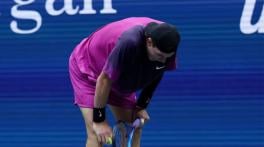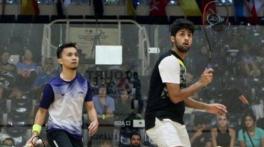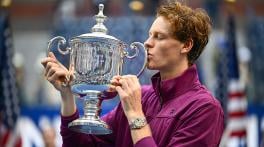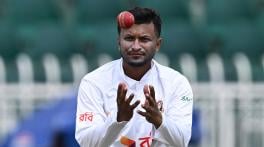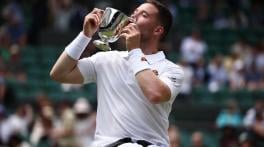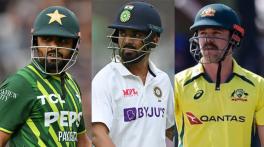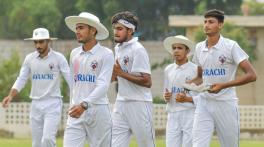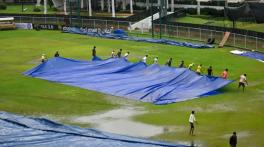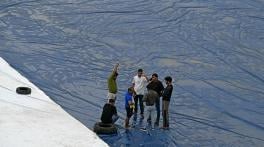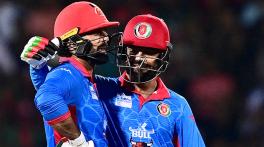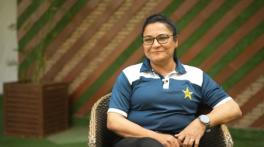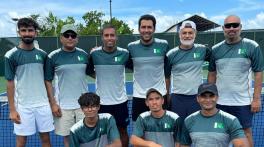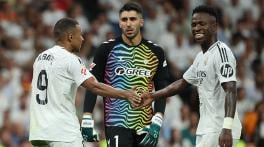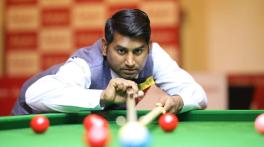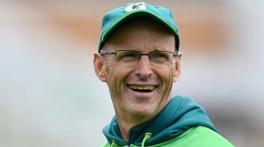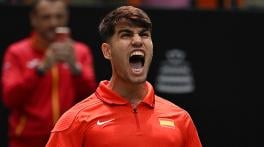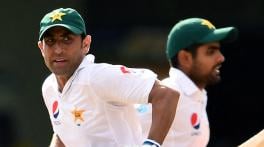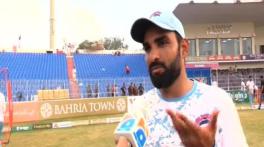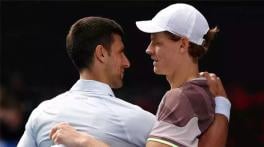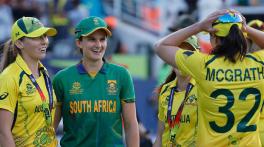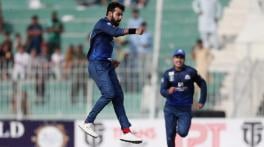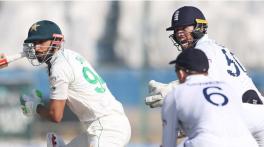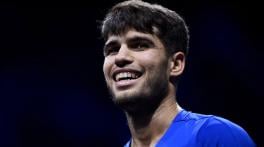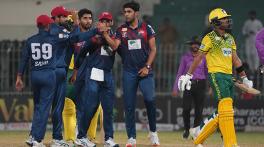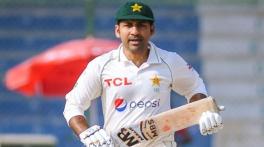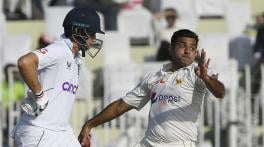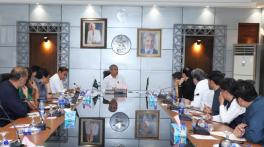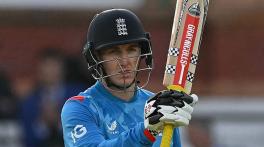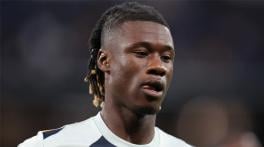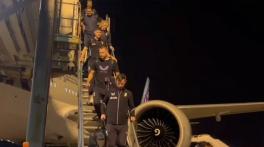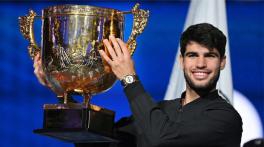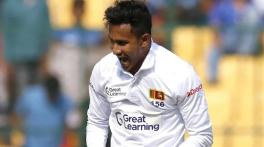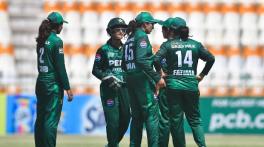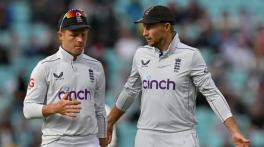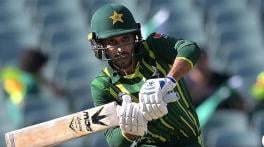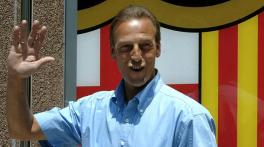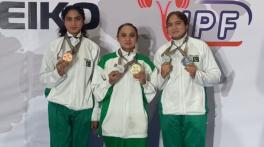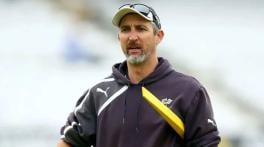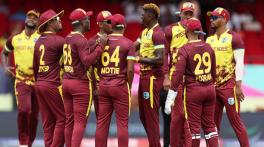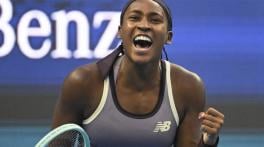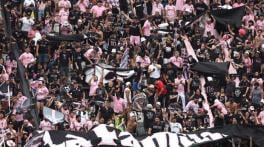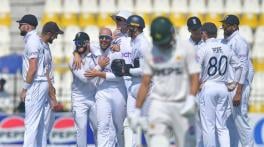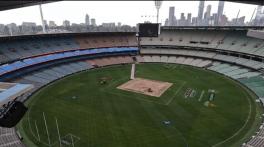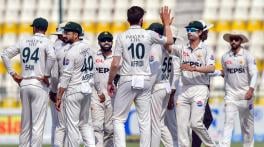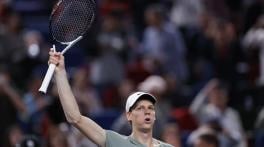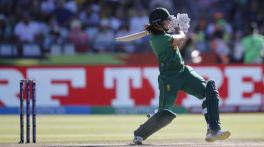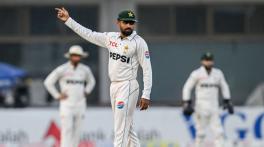France has been plunged into political turmoil three weeks before hosting the Olympics, making it hard to know who will be in key government positions when the Games open on July 26.
Prime Minister Gabriel Attal underlined the uncertainty as he offered his resignation on Sunday evening following snap elections that resulted in a hung parliament.
"Our country is facing an unprecedented political situation and is getting ready to host the world in a few weeks," Attal said, offering to stay on in his position "as long as duty demands".
Whether his resignation is accepted will depend on President Emmanuel Macron, who is yet to react to the results publicly which saw his centrist bloc shrink by nearly 100 MPs.
It is unclear whether the head of state will seek to keep a caretaker government in place, but the left-wing alliance that topped Sunday´s vote -- without a majority -- is already pushing to name a candidate to replace Attal.
The fate of Interior Minister Gerald Darmanin, who has overseen all the security preparations for the Games, is also in the balance.
"What organisers worry about the most are things like delinquency and crime, and of course terrorism, as well as traffic conditions," Paul Dietschy, a history and sports professor at the Universite of Franche-Comte in France, told AFP.
"The interior minister is the most important position."
Darmanin said last week that if the far-right National Rally or hard-right France Unbowed party formed a government, then he would resign immediately.
"The Olympic Games have been very well-prepared. Everyone knows it and everyone welcomes it," he told AFP.
Spoiled party?
The local organising committee and the International Olympic Committee were both blindsided by Macron´s election gamble so close to the start of the July 26-August 11 Games -- as were most government ministers and voters.
The prospect of the far-right taking power was seen by many observers as a risk that would undermine France´s image -- and the themes of diversity and openness stressed by Paris 2024.
Chief organiser Tony Estanguet "must be feeling very happy since last night," said David Roizen, an Olympics specialist at the left-leaning Jean-Jaures Foundation think-tank in Paris.
Paris 2024 figures have also sought to stress that senior civil servants with responsiblity for crucial Games-related issues like security and transport will remain in place even if the faces of the cabinet change.
The Games can count on "the continuity of the state", organisers told AFP in a statement, adding that they had worked "night and day in previous weeks to be ready."
In France, the election has entirely overshadowed the build-up to the sporting extravaganza, however, with the media and most people paying more attention to the political manoeuvrings than the new sports facilities nearing completion around the capital.
"If Macron hadn´t dissolved the parliament, then there would be a bit more passion for the Games," Dietschy said. "You don´t really feel excitement building. Most French people have been focused on the election."
Sideshow?
France has spent the last seven years and at least 2.4 billion euros ($2.6 billion) of public money preparing for the Games, with organisers promising they will be "iconic".
Little new permanent infrastructure has been built, with much of the sport set to take place in temporary stadia in tourist hotspots around the City of Light or in refurbished facilities.
That has helped keep the cost down as well as the carbon footprint of an event that promises to be half as polluting as previous editions in London and Rio de Janeiro.
Observers say the Olympic movement is counting on a memorable success in Paris to help revive interest after a delayed and Covid-affected edition in Tokyo in 2021 that saw athletes compete in near-empty stadia.
David Wallechinsky, president of the International Society of Olympic Historians, told AFP that off-field issues often overshadowed the Olympics in the build-up.
"For the next couple of weeks, the election and politics could be a big issue, but the minute the competition starts, these sorts of stories kind of fade away," he said.
"The election interests me and everybody else in France, but for most people around the world it´s a sideshow."
